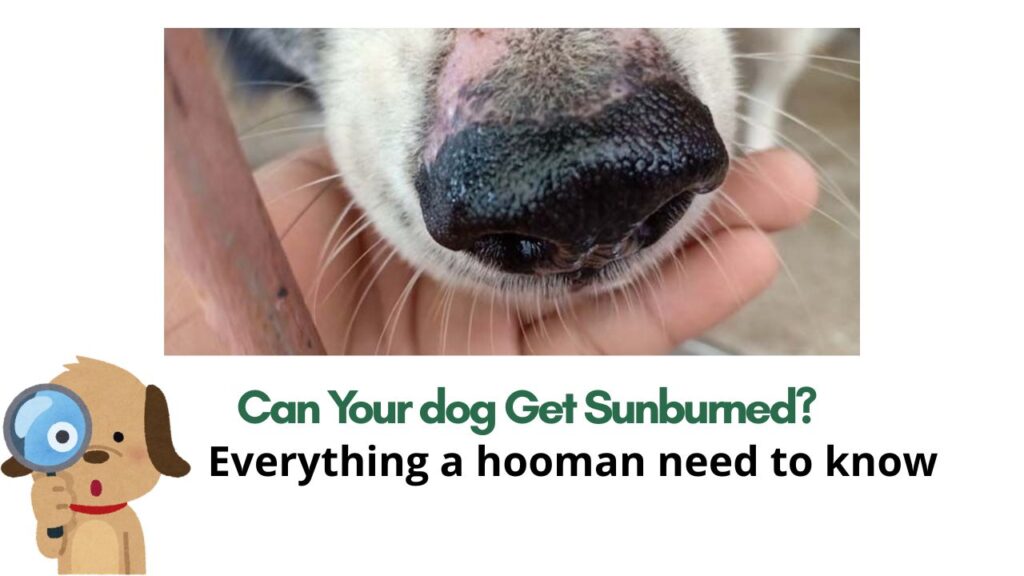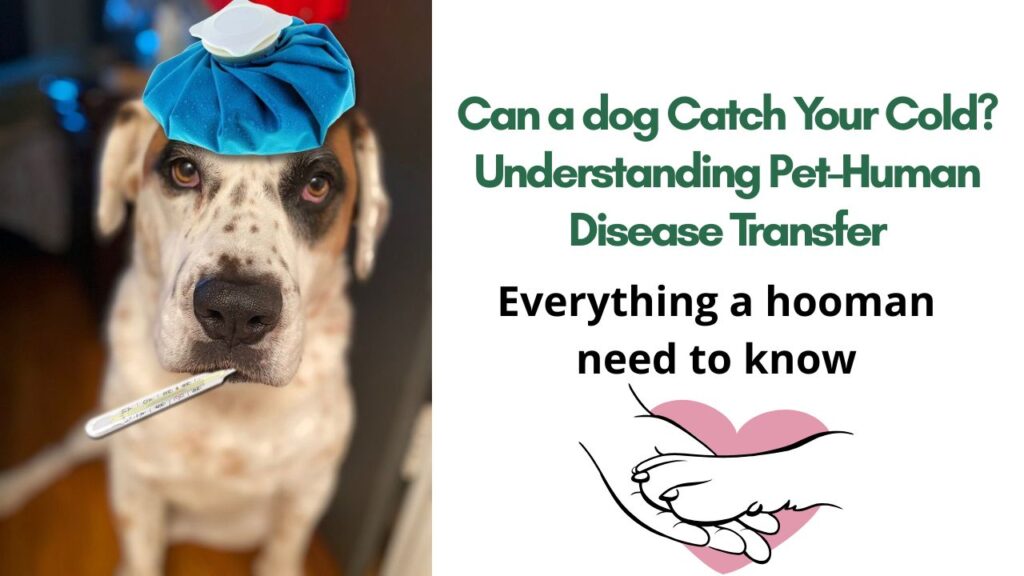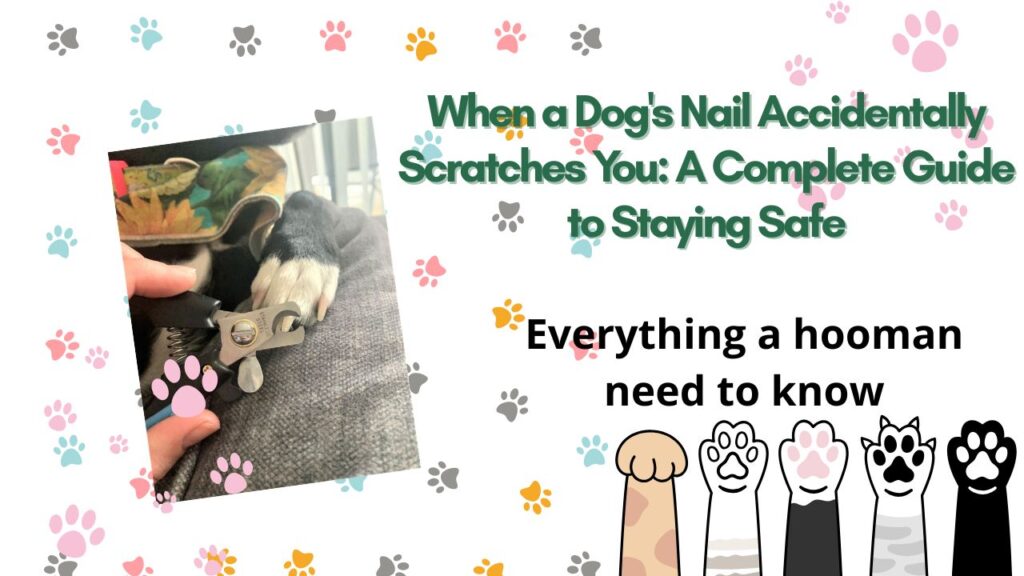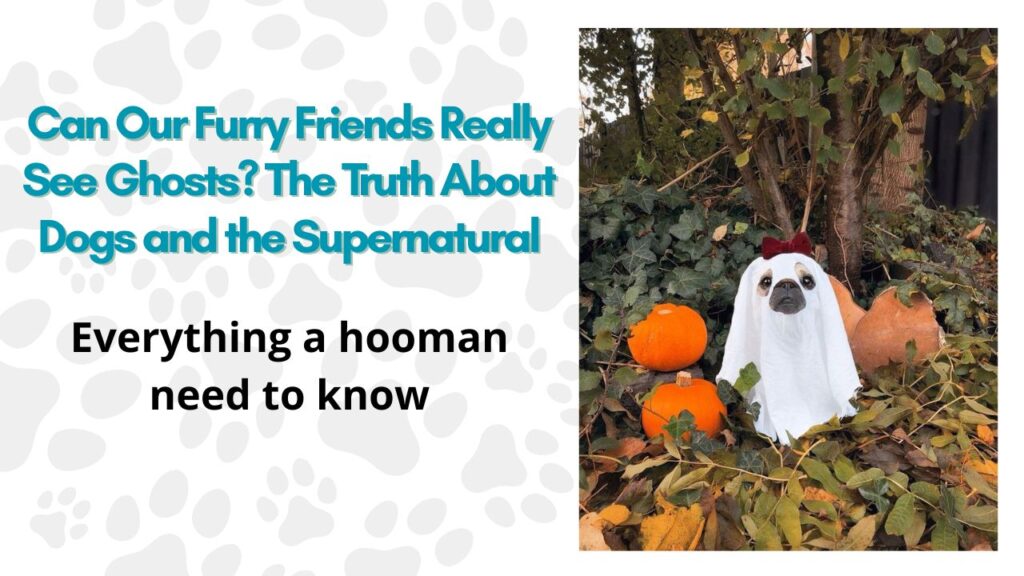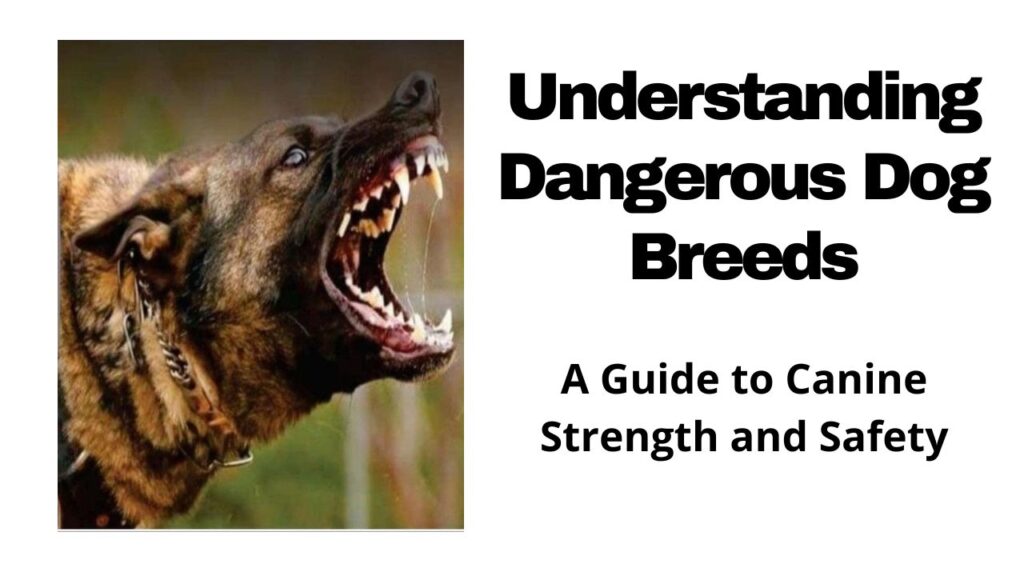Celebrating Our Street Dog Friends!
Welcome to the delightful world of street dogs! These charming canines, with their wagging tails and playful spirits, roam our neighborhoods, bringing joy wherever they go. Often overlooked, street dogs are resilient and full of personality. Each one has a unique story, from clever scavengers to loyal companions who brighten our days. Join us in this blog as we share heartwarming tales and tips on how to support these lovable furry friends. Let’s celebrate the magic of street dogs and the happiness they bring to our lives!
Everything You Need to Know About Our Furry Friends and the Virus

The pandemic changed everything for us humans, but what about our beloved four-legged companions? If you’re a dog parent or simply care about our street dog friends, you’ve probably wondered whether dogs can get COVID-19. The short answer is yes, but before you panic, let me walk you through everything you need to know about this topic.
Dogs can indeed contract the virus that causes COVID-19, but here’s the reassuring part – it’s extremely rare for them to get seriously ill from it. Most dogs who do catch the virus either show no symptoms at all or experience very mild illness that resolves on its own. The risk of our furry friends spreading COVID-19 back to humans is also considered very low.
Which Dog Breeds Handle COVID Better Than Others?
Not all dogs face the same risk when it comes to COVID-19. Just like humans, some breeds are naturally more resilient, while others might need extra care and attention.
Hardy Breeds That Typically Do Well:
Most mixed breeds and street dogs actually show remarkable resilience against COVID-19. Their diverse genetic makeup often gives them stronger immune systems. Breeds like German Shepherds, Labrador Retrievers, and Golden Retrievers generally handle respiratory challenges better due to their normal facial structure and healthy breathing patterns.
The Vulnerable Ones:
However, certain breeds need our extra attention and care. Brachycephalic breeds – those adorable flat-faced dogs – face higher risks due to their breathing difficulties. These breeds already struggle with respiratory issues in their daily lives, making them potentially more susceptible to COVID-19 complications.
Dog Breeds That Are More Prone to COVID Complications
Let’s talk about our flat-faced friends who need special consideration during these times. Brachycephalic breeds have shortened airways that make breathing more challenging even on normal days.
High-Risk Breeds Include:
- Pugs: These wrinkly-faced sweethearts top the list of concern. The first documented case of COVID-19 in a US dog was actually a pug named Winston. Their brachycephalic syndrome makes them more vulnerable to respiratory viruses.
- Bulldogs: Both English and French Bulldogs fall into this category due to their extremely flat faces and compressed airways.
- Boston Terriers: These compact companions share similar respiratory challenges.
- Shih Tzus: Their adorable squished faces come with breathing complications.
- Chow Chows: These fluffy friends also have shortened snouts that can complicate respiratory infections.
- Pekingese: With their extremely flat faces, they’re among the most vulnerable breeds.
Moderately At-Risk Breeds:
- Boxers: While not as severely affected, they still have some brachycephalic features.
- Mastiffs: Some individuals in this breed can have breathing challenges.
- Cavalier King Charles Spaniels: Occasionally show brachycephalic traits.
How and Where Can You Find These Listed Dogs
Understanding where you might encounter these vulnerable breeds helps you take appropriate precautions and offer help when needed.
In Urban Areas:
You’ll commonly find these breeds in city environments where they’re popular as companion animals. Pugs, French Bulldogs, and Boston Terriers are especially common in apartments and urban homes. Many of these dogs frequent dog parks, veterinary clinics, and pet-friendly establishments.
Street and Stray Populations:
While purebred brachycephalic dogs are less common as strays due to their health challenges, you might encounter mixed breeds with some flat-faced characteristics. These dogs often struggle more on the streets due to their breathing difficulties and may need immediate help.
Rescue Centers and Shelters:
Many brachycephalic breeds end up in shelters when owners can’t handle their medical needs. These facilities often have higher concentrations of vulnerable breeds that need special COVID-19 precautions.
Breeding Facilities:
Unfortunately, puppy mills and irresponsible breeders often house multiple brachycephalic dogs in poor conditions, making them more susceptible to viral transmission.
Behavioral Studies: Understanding Which Dogs Might Be Infected with COVID
Recognizing the signs of COVID-19 in dogs requires careful observation of behavioral changes. Research conducted during the pandemic revealed fascinating insights about how dogs respond to viral infections.
Key Behavioral Indicators:
Dogs infected with COVID-19 might show subtle changes in their normal behavior patterns. Unlike humans, dogs rarely develop severe symptoms, but they may become less active or show decreased appetite.
Changes in Social Behavior:
Infected dogs might become less social or avoid interaction with family members. They may seek out quiet spaces and sleep more than usual. Some dogs show increased clinginess, while others prefer solitude.
Respiratory Signs to Watch:
While not always present, some dogs may develop mild coughing or sneezing. Brachycephalic breeds might show more pronounced breathing difficulties than usual. Any worsening of existing breathing problems should be taken seriously.
Digestive Changes:
Some dogs experience mild digestive upset, including loose stools or temporary loss of appetite. These symptoms are usually mild and resolve quickly with supportive care.
Energy Level Fluctuations:
Infected dogs often show decreased energy levels and may be less interested in their usual activities like walks or playtime. This lethargy typically lasts only a few days.
7 Most Asked Questions About Treating Dogs to Prevent COVID
1. Should I vaccinate my dog against COVID-19?
Currently, there are no COVID-19 vaccines approved for dogs in most countries. The good news is that dogs rarely get seriously ill from COVID-19, so vaccination isn’t considered necessary by most veterinary authorities. Focus instead on preventing exposure through good hygiene practices.
2. Can I use human COVID treatments on my dog?
Never give your dog human medications or treatments for COVID-19. Dogs process medications differently than humans, and what’s safe for us can be toxic for them. If your dog shows signs of illness, contact your veterinarian for appropriate treatment options.
3. How do I protect my dog if I have COVID-19?
If you’re infected, have someone else care for your dog if possible. If you must care for them yourself, wear a mask, wash your hands frequently, and avoid close contact like cuddling or letting them lick your face. Keep interactions brief and necessary.
4. Should I test my dog for COVID-19?
Testing is only recommended if your dog shows symptoms after exposure to someone with COVID-19. Most dogs don’t need testing since they rarely get seriously ill. Your veterinarian can advise whether testing is necessary based on your specific situation.
5. How do I clean my dog safely during the pandemic?
Never use human disinfectants, alcohol, or hydrogen peroxide on your dog – these can be harmful or toxic. Regular bathing with dog-appropriate shampoo is sufficient. There’s no evidence that the virus spreads from a dog’s fur or skin to humans.
6. Can my dog spread COVID-19 to other dogs?
While dog-to-dog transmission is theoretically possible, it’s extremely rare. The main risk comes from human-to-dog transmission. If your dog is infected, keep them away from other pets until they recover, just as you would isolate a sick family member.
7. What should I do if my dog tests positive for COVID-19?
Keep your dog at home and isolated from other pets and people, especially those at high risk. Provide supportive care with plenty of rest, fresh water, and their regular food. Monitor their symptoms and contact your vet if they worsen or develop new symptoms.
Common Precautions When Your Dog Is Suffering from COVID
When your furry friend tests positive for COVID-19, creating a safe environment becomes crucial for everyone’s wellbeing.
Isolation Protocols:
Set up a comfortable isolation area in your home, similar to what you’d do for a sick family member. Choose a room with good ventilation where your dog can rest comfortably. Provide their favorite bedding, toys, and easy access to water and food.
Monitoring Health Status:
Keep a daily log of your dog’s symptoms, appetite, energy levels, and bathroom habits. This information helps your veterinarian track recovery progress and identify any concerning changes. Take your dog’s temperature if you know how to do so safely.
Feeding and Hydration:
Ensure your dog continues eating and drinking regularly. Offer their favorite foods if appetite decreases, and consider warming wet food slightly to make it more appealing. Fresh water should always be available.
Exercise Modifications:
Limit exercise to gentle, short walks in your yard or quiet areas away from other people and animals. Avoid dog parks, busy streets, and anywhere your dog might encounter others. Brachycephalic breeds need especially careful monitoring during any physical activity.
Cleaning and Sanitization:
Clean your dog’s food and water bowls, bedding, and toys regularly with pet-safe cleaners. Wash your hands thoroughly before and after caring for your dog, and consider wearing a mask during close interactions.
Precautions When Encountering Unfriendly Dogs Infected with COVID
Dealing with aggressive or fearful dogs during the pandemic requires extra caution and compassion, especially since illness can make dogs more unpredictable.
Maintaining Safe Distance:
Keep at least 6 feet away from any unfamiliar dog, just as you would with people. This distance protects both you and the dog from potential virus transmission while giving the animal space to feel secure.
Reading Body Language:
Sick dogs may display unusual aggression or fear due to discomfort. Watch for warning signs like raised hackles, growling, or cowering. A dog that’s usually friendly might become defensive when not feeling well.
Protective Equipment:
If you must approach an unfamiliar dog (perhaps to provide help), wear a mask and have hand sanitizer available. Avoid touching the dog unless absolutely necessary for their safety or yours.
Seeking Professional Help:
Contact local animal control or rescue organizations if you encounter a sick, aggressive dog that needs help. These professionals have the training and equipment to handle difficult situations safely.
Emergency Situations:
If an infected dog poses an immediate threat, prioritize human safety first. Call emergency services if needed, and inform them about the potential COVID-19 exposure so they can take appropriate precautions.
Legal Framework and Animal Rights for Indian Dogs Suffering from Diseases
India has comprehensive laws protecting animals, including street dogs suffering from diseases like COVID-19. Understanding these rights helps ensure proper care and protection for all dogs.
The Prevention of Cruelty to Animals Act, 1960:
This foundational law protects all animals, including street dogs, from cruelty and neglect. Under this act, abandoning a sick dog or failing to provide necessary medical care constitutes cruelty and is punishable by law.
Penalties for Animal Cruelty:
The law imposes strict penalties for animal cruelty. First-time offenders face fines up to INR 10,000 or three months imprisonment. Repeat offenders within three years face fines up to INR 50,000 or six months imprisonment. Severe cases can result in fines up to INR 100,000 or one-year imprisonment.
Duty of Care Requirements:
Pet owners must ensure their animals receive proper food, water, shelter, and veterinary care. This includes providing medical attention for sick dogs, whether they’re pets or street dogs under someone’s informal care.
Reporting Mechanisms:
Citizens who witness animal cruelty must report it to authorities including the Animal Welfare Board of India (AWBI), local police, or the District Magistrate. This includes cases where sick dogs are being neglected or mistreated.
Animal Welfare Board of India (AWBI):
The AWBI oversees implementation of animal welfare laws and runs awareness campaigns about responsible pet care. They provide guidance on caring for sick animals and can intervene in cases of neglect or abuse.
Street Dog Protection:
Street dogs have the same legal protections as owned pets. Communities and individuals who feed street dogs have a moral and legal obligation to ensure they receive medical care when sick, including during disease outbreaks like COVID-19.
Licensing and Compliance:
Pet breeders and animal shelters must obtain proper licenses and comply with welfare standards. This includes maintaining health protocols that would prevent disease spread among animals in their care.
Conclusion
As we wrap up this comprehensive look at dogs and COVID-19, I hope you’re feeling more informed and less worried about our four-legged friends. Yes, dogs can get COVID-19, but the reality is far less scary than many of us initially feared.
The key takeaways? Most dogs handle COVID-19 remarkably well, with many showing no symptoms at all. Our flat-faced friends – the pugs, bulldogs, and other brachycephalic breeds – need a bit more attention due to their breathing challenges, but even they typically recover without serious complications.
What strikes me most about researching this topic is how resilient our canine companions truly are. Street dogs, with their mixed genetics and hardy constitutions, often fare even better than their purebred cousins. It’s a beautiful reminder that sometimes, the most overlooked among us are also the strongest.
If you’re caring for dogs – whether they’re your beloved pets or the street dogs you feed each morning – remember that simple precautions go a long way. Good hygiene, avoiding close contact when you’re sick, and watching for changes in behavior are usually all that’s needed.
For those of you in India, knowing your legal rights and responsibilities toward animals gives you the power to make a real difference. Every dog, whether owned or stray, deserves care and protection under the law.
As we continue living alongside COVID-19, let’s not forget that our dogs have been our constant companions through this challenging time. They’ve provided comfort when we were isolated, joy when we were stressed, and unconditional love when we needed it most. The least we can do is stay informed about their health and wellbeing.
Remember, when in doubt, always consult with a veterinarian. They’re your best resource for specific advice about your dog’s health. And please, continue to show kindness to all dogs – owned and stray alike. In a world that often feels divided, our shared love for these amazing animals brings us together.
Stay safe, keep your furry friends healthy, and never underestimate the healing power of a dog’s wagging tail. After all, they’ve been teaching us about resilience, loyalty, and unconditional love long before any pandemic came along.
